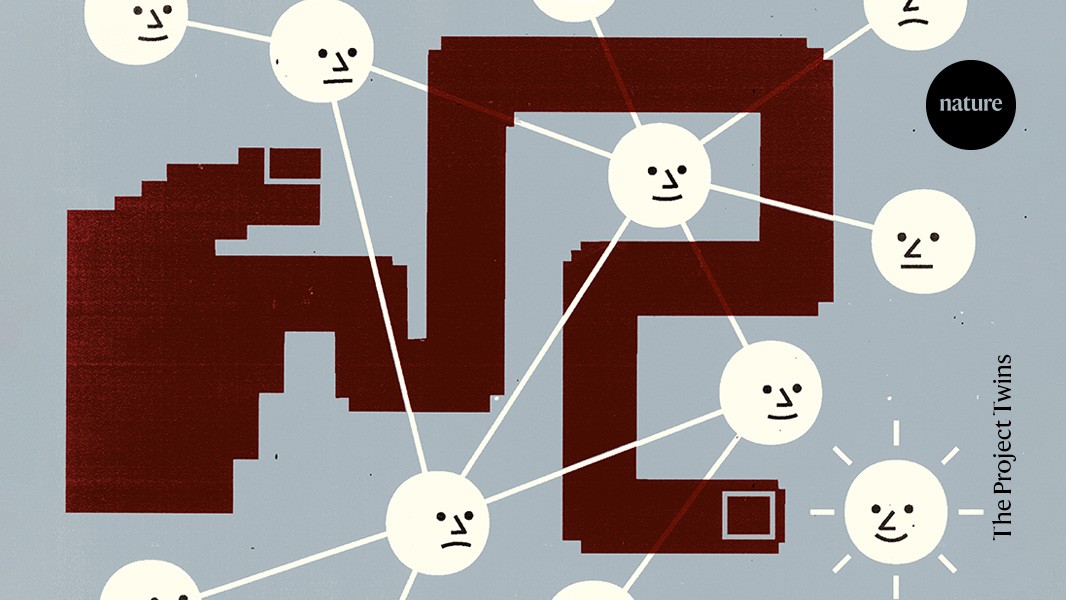
"When researchers apply for a job through the office of the pro-rector for research at Feevale University in Novo Hamburgo, Brazil, data from their CVs and publication records are read not only by hiring managers, but also by artificial intelligence (AI) tools. These tools help to screen candidates by evaluating their productivity and suitability for the role. Although AI is not yet used for recruitment across the university, it's a growing approach, according to pro-rector Fernando Spilki."
"At the National University of Malaysia, computer scientist Kalaivani Chellappan developed a generative AI screening tool trained on over a decade of CV data. It integrates a personality-assessment instrument developed with a psychology specialist to help improve hiring accuracy and reduce turnover."
"According to a 2024 Nature survey of hiring managers, just 8% of hirers in academia said they used AI in the recruitment process. However, 36% said they weren't using AI but would consider doing so in the future."
"The global recruitment industry was valued at an estimated US$870 billion in 2024, and there is a growing interest in using AI to deliver faster, targeted recruitment."
At Feevale University in Brazil, researchers' CVs are assessed by AI tools alongside manual checks for job recruitment. Though not widespread, it represents a growing trend in hiring practices. Kalaivani Chellappan at the National University of Malaysia has developed a generative AI screening tool to enhance hiring accuracy by analyzing CVs and integrating personality assessments. A 2024 survey shows only 8% of academic hiring managers use AI, while interest in potential future use is significant. The global recruitment industry stands at an estimated valuation of US$870 billion, pushing for more AI integration.
Read at Nature
Unable to calculate read time
Collection
[
|
...
]